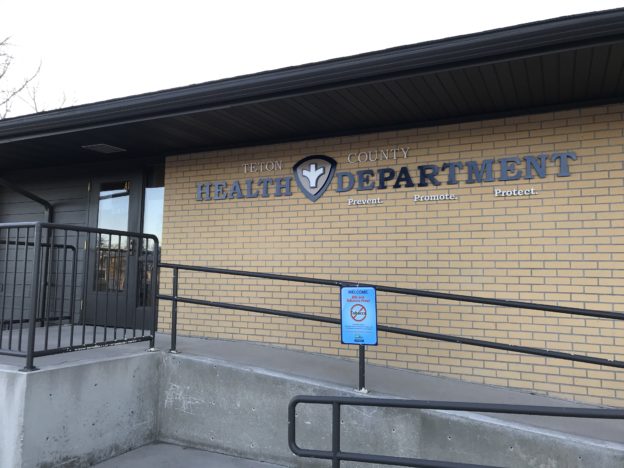
Teton County C.A.R.E.S. currently meets on the third Thursday of each month at the Teton County Courthouse Annex conference room. The meetings are open to the public and all are welcome to attend.
In Teton County, behavioral health challenges were highlighted by a 2017 community health assessment which revealed 70 percent of those surveyed expressed concern regarding addiction and drug/alcohol use—that concern was followed by 50 percent expressing concern regarding mental illness. In response to the concerns identified in the assessment, in October 2017 the Teton County Community Alliance for Resiliency and Educational Support (C.A.R.E.S.; formerly called the Teton County Addictions Taskforce) was launched. Teton County C.A.R.E.S. quickly began to focus on the broader behavioral health of Teton County.
Mission
The mission of Teton County C.A.R.E.S. is to confront Teton County’s behavioral health challenges through comprehensive and evidence-based strategies that focus on resilience, education, prevention, access to treatment and reducing drug, alcohol and mental health related consequences.
Goals
Teton County C.A.R.E.S. seeks to accomplish these goals:
- Engage a broad spectrum of community partners to best understand the complexities of behavioral
- Facilitate a cultural shift in how behavioral health challenges are perceived and addressed in Teton
- Use the Strategic Prevention Framework developed by SAMHSA to assess needs, build capacity, plan, implement and evaluate effective interventions that are culturally competent and sustainable to address behavioral health challenges in Teton County.
- Implement proven strategies that are evidence-based to address behavioral health challenges in Teton County through community partnerships.
- Facilitate accurate and timely communications with BHAC and SAA.
Strategic Plan
 During summer 2019, C.A.R.E.S. identified three key priority areas which were to be the focus of the organization’s efforts. Selection of initiatives were based on the capacity of C.A.R.E.S., cultural awareness, and sustainability. These initiatives consist of:
During summer 2019, C.A.R.E.S. identified three key priority areas which were to be the focus of the organization’s efforts. Selection of initiatives were based on the capacity of C.A.R.E.S., cultural awareness, and sustainability. These initiatives consist of:
- Reducing alcohol misuse among adults and use among youth
- Building Resiliency to Adverse Childhood Experiences (ACEs)
- Increasing Service Collaboration to Address Behavioral Health
Establishing a logic framework to address the three initiatives, C.A.R.E.S. utilized SAMHSA’s Strategic Prevention Framework guidance to ensure interventions were evidence based as much as possible, were culturally applicable, and were realistic regarding sustainability and the ability of the C.A.R.E.S. team and partners to carry out the activities. Development of intervention mechanism were evaluated in line with the behavioral health intervention spectrum and risk and protective factors.


